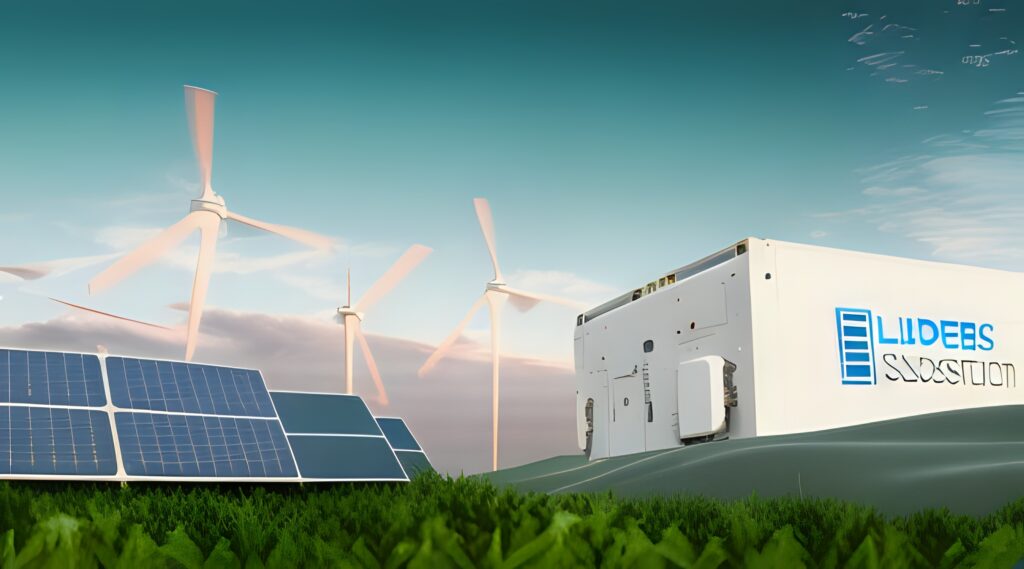
04. EV-Energy Storage
Listing Category by product
EV-Energy storage worldwide
Home and Industrial EV-Energy storage solutions have undergone significant development in recent years, driven by technological innovations and the increasing demand for renewable energy integration. From traditional lead-acid batteries to sophisticated lithium-ion systems, the evolution of home energy storage has transformed the way homeowners manage and utilize electricity.
Home and industrial EV-Energy storage market
- Rise in renewable energy integration: The proliferation of solar and wind energy systems has created a pressing need for EV-Energy storage solutions to mitigate intermittency issues and maximize the utilization of renewable resources. Homeowners and industrial entities are increasingly investing in Energy storage systems to store surplus energy generated during peak production periods for use during periods of low or no generation.
- Grid resilience and stability: EV-Energy storage systems play a critical role in enhancing grid resilience and stability by providing backup power during outages and optimizing the flow of electricity to manage demand fluctuations. As the frequency and intensity of extreme weather events rise, the demand for reliable energy storage solutions for both homes and industries is expected to grow significantly.
- Declining costs of battery technology: The declining costs of battery technology, particularly lithium-ion batteries, have made EV-Energy storage systems more affordable and accessible to a broader range of consumers and businesses. This cost reduction, coupled with government incentives and subsidies, has spurred adoption and contributed to the expansion of the home and industrial energy storage market.
- Demand for off-grid solutions: In remote areas and regions with unreliable grid infrastructure, off-grid Energy storage solutions offer a viable alternative to traditional electricity sources. Off-grid homes, businesses, and industrial facilities leverage energy storage systems to achieve energy independence, reduce reliance on diesel generators, and lower operating costs.
- Regulatory support and policy initiatives: Governments worldwide are implementing favorable regulatory frameworks and policy initiatives to promote the deployment of nergy storage technologies. Incentives such as tax credits, rebates, and feed-in tariffs encourage investment in energy systems, driving market growth and fostering innovation in the sector.
The transition towards a sustainable energy future accelerates, EV-Energy storage will play a crucial role in enabling the widespread adoption of renewable energy sources.















